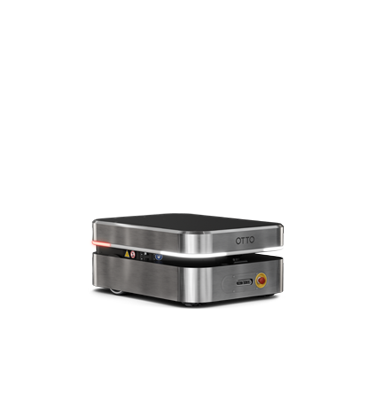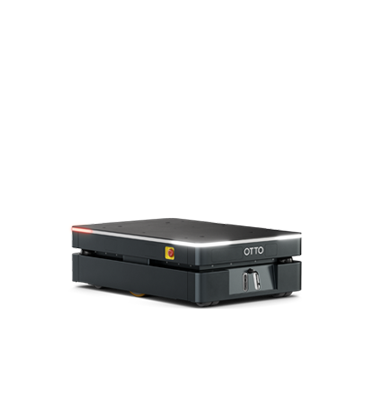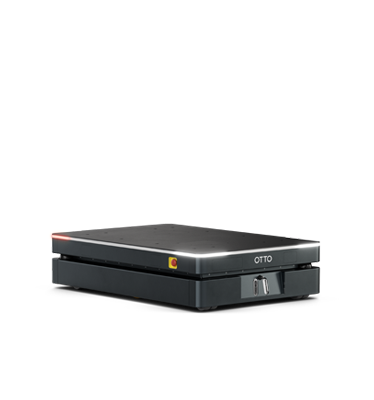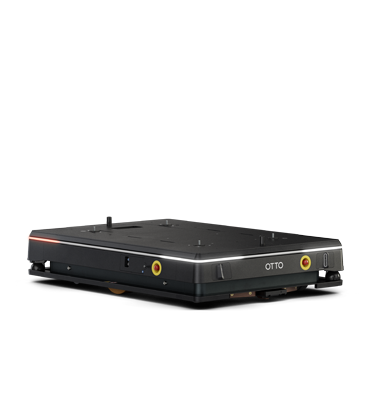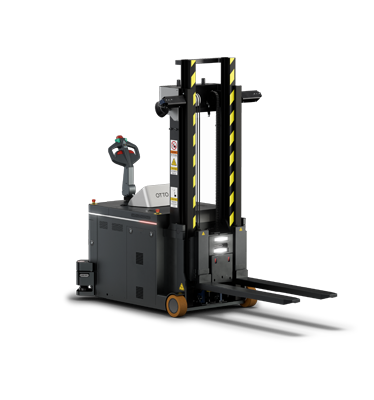Blog
Manufacturing data in Industry 4.0: Get closer to the customer
Deploying Industry 4.0 capability delivers benefits that extend beyond the notion of new products or services. It establishes a manufacturer - its employees and ecosystem of customers and suppliers - as an interconnected and integrated digital network.
72% of manufacturing enterprises say their use of manufacturing data analytics with Industry 4.0 technologies will improve customer relationships and intelligence along the product life cycle. This development requires a focus on basing new product or service developments to customer specifications, and using data analysis to meet demanding requirements while improving operational performance.
Leveraging Industry 4.0 capability brings manufacturers closer to their customers by making their supply chains more responsive. It also allows them to reach end customers more directly, report on satisfaction results, and helps to tailor business models according to their customers’ requirements.
Manufacturers are now treating their products as a service, often on a subscription basis. For example, a Swedish air compressor manufacturer is no longer selling its equipment directly, but instead bills customers for the compressed air their plants consume. This is accomplished by installing their machines at customers site that monitor the flow of compressed air, which adjust output based on the plant’s historical use data analysis.
Every product, as a batch of one
Industry 4.0 enables manufacturers to develop business models that leverage mass customization, shifting away from traditional mass kitting to manufacturing through piece of one production – products that are created as a batch of one.
As digital fabrication (currently used primarily for prototyping) becomes more sophisticated, and as software and robotics are integrated into new types of assembly lines, manufacturers will achieve higher levels of product customization. For example, an appliance manufacturer is producing washing machines and refrigerators to order, allowing customers to specify the features they want, sending those specifications directly to an assembly line in China.
New business model: Data-driven platform providers
Leading manufacturers are working to solidify their position as platform providers in order to be closer to the customers. These platforms require a cloud-based network that connects machines, devices and systems from a variety of companies to facilitate transactions, operations and logistics seamlessly. Read this article to understand how to gain transparency via the cloud.
At the same time, the process collects and analyzes data for all stakeholders from which they can make informed operational and performance-driven decisions. GE is producing wind turbines that contain 20,000 sensors that produce 400 data points per second. Data analysis allows the company and its customers to optimize turbine performance, and assists in decision-making related to maintenance and parts replacement using manufacturing data.
Some solar panel manufacturers are being motivated by Industry 4.0 capabilities to develop new revenue models by no longer selling panels directly to their customers, but instead charging them for the electricity they use by collecting usage data. Suppliers install the panels, absorbing high upfront costs, while maintaining and upgrading the installations to improve profit margins. Doing so encourages customers to sign long-term electricity supply contracts (up to 30 years in some cases) while the manufacturer assumes that analytical prowess from the data collected enables it to adapt to changing technologies and deliver energy at a lower cost.
The “platform provider” concept can also be translated to operational processes, such as intralogistics or material handling inside the factory. Installing robotic manipulators on an assembly line outfitted with sensor technology would collect data to provide useful and actionable information on critical processes such as quality assurance.
Industry 4.0 will significantly alter the traditional model of pushing products to market, instead creating a more collaborative environment between goods producers and their customers. These opportunities will intensify the fight for customers in the marketplace and allow Industry 4.0 to enrich a manufacturer’s ability to retain and grow its relationships with its customers.
